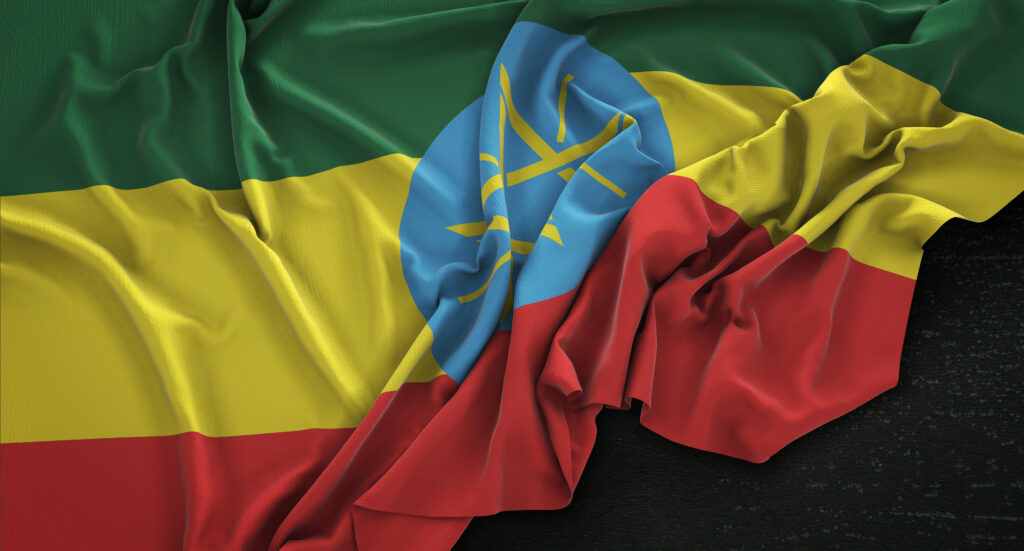Ethiopia’s membership in the BRICS group, a bloc of the world’s most rapidly developing economies, marks a significant turning point for both the country and the continent of Africa. This case study delves into the factors that led to Ethiopia’s decision to join BRICS, the potential benefits and challenges associated with its membership, and the broader implications for the group and Africa.
Ethiopia, a landlocked nation in East Africa, has emerged as a regional powerhouse in recent years. Its economy has experienced steady growth, driven by investments in infrastructure, agriculture, and manufacturing. Ethiopia’s strategic location, bordering several other African nations, has made it a key player in regional and continental affairs.
The BRICS Connection
The BRICS group, comprising Brazil, Russia, India, China, and South Africa, represents a new paradigm of global economic and political power. The group’s shared commitment to economic development, multilateralism, and a more equitable global order has made it an attractive platform for emerging economies like Ethiopia.
Factors Driving Ethiopia’s Membership
Several factors motivated Ethiopia’s decision to join BRICS:
- Economic Growth: Ethiopia’s robust economic performance and its potential for further growth aligned with the BRICS countries’ focus on economic development and cooperation.
- Geopolitical Significance: Ethiopia’s strategic location in East Africa and its role in regional stability made it an attractive addition to the BRICS group, which seeks to enhance its global influence.
- Shared Values: Ethiopia’s commitment to multilateralism, international cooperation, and the principles of equality and non-interference in internal affairs resonated with the BRICS countries’ shared values.
Benefits of the BRICS Membership
Ethiopia’s membership in BRICS offers several potential benefits:
- Economic Cooperation: Access to BRICS markets and investment opportunities can boost Ethiopia’s economic growth and development.
- Infrastructure Development: BRICS countries can provide financial and technical support for Ethiopia’s infrastructure projects, such as transportation, energy, and telecommunications.
- Technology Transfer: Cooperation with BRICS countries can facilitate the transfer of technology and knowledge to Ethiopia, enhancing its competitiveness.
- Global Influence: As a member of BRICS, Ethiopia can play a more active role in shaping the global agenda and promoting its interests on the international stage.
What this means for BRICS and Africa
Ethiopia’s accession to BRICS has broader implications for both the group and the continent of Africa:
- Diversification: Ethiopia’s membership adds to the diversity of the BRICS group, strengthening its global representation.
- African Leadership: Ethiopia’s inclusion in BRICS reinforces Africa’s growing influence on the world stage.
- South-South Cooperation: BRICS’s engagement with Ethiopia can promote South-South cooperation and partnerships between developing countries.
Ethiopia’s membership in the BRICS group marks a new era of African leadership on the global stage. By joining the bloc, Ethiopia has positioned itself as a key player in global affairs and has the potential to benefit from increased economic cooperation, infrastructure development, and technology transfer. As a member of BRICS, Ethiopia can also contribute to the group’s efforts to promote a more equitable and inclusive global order.








